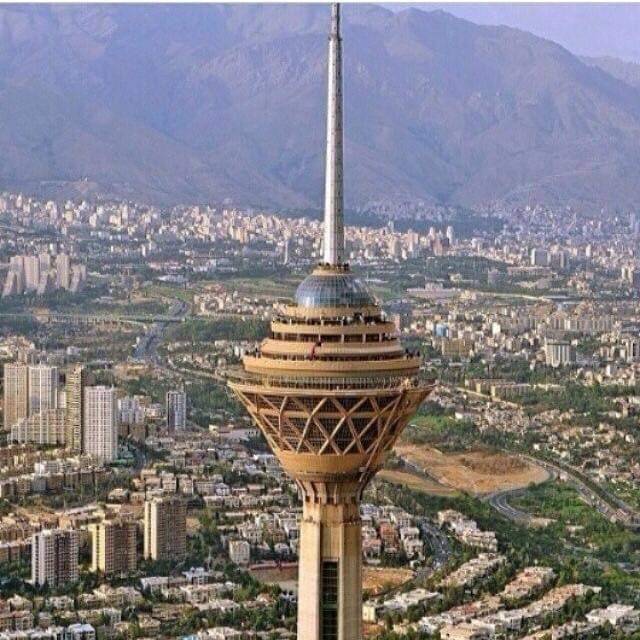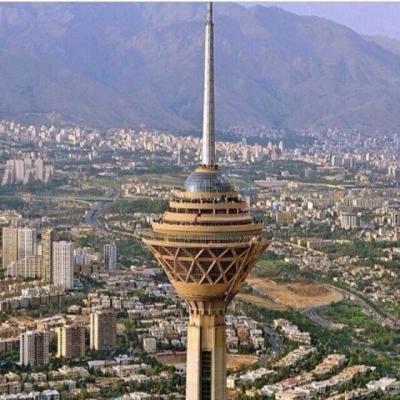The Ministry of Energy has halted electricity rationing in Lebanon. There is no schedule or designated times as outages have become a 24/7 reality. The issue of electricity in Lebanon has become a subject of ridicule and absurdity. Since the end of the Lebanese Civil War over thirty years ago, the electrical supply has not returned to normal, with rationing increasing instead of decreasing. The electricity file has turned into a thorny issue, fraught with accusations of waste and deals. None of this matters to the citizen anymore. What matters most is the return of electricity, which has become increasingly unlikely.
Strangely enough, officials avoid raising electricity tariffs and approach the matter from a populist perspective rather than a realistic one. The Minister of Electricity refuses to increase tariffs unless he manages to restore power supply for at least four hours a day. The public has become more receptive to a tariff increase compared to the cost of generator subscriptions, as generator owners continue to have significant control over people, even to the point where their authority is beyond the control of local parties.
Though solutions are not impossible, intentions are lacking as long as discussions are conducted away from the citizens' interests. This is evident in the recent handling of the Iranian gift, which the government dismisses as serious despite confirmation from Hezbollah and Iran. Not long ago, Hezbollah’s Secretary-General, Hassan Nasrallah, announced an initiative to bring Iranian fuel for free to meet Lebanon’s electricity plant needs, but this was not taken seriously. The government has been hesitant to announce its acceptance of this gift. Only the Minister of Energy, Walid Fayad, has expressed willingness to visit Tehran, but he has not received official authorization from the government or its president.
A ministerial source reports that caretaker Prime Minister Najib Mikati informed ministers that there is no Iranian gift. When he approached the Iranian ambassador in Lebanon about the matter, the ambassador did not mention a gift but rather requested a technical delegation to discuss the issue with officials in Tehran. This has been interpreted differently from Nasrallah's presentation, suggesting that Iran is not ready to offer the gift, according to the ministerial source.
Since Nasrallah's announcement, the matter has remained subject to various interpretations and analyses, with neither official denial nor confirmation, leaving room for speculation. Sources accompanying the Secretary-General’s announcement and subsequent steps insist there is a serious Iranian attempt to assist Lebanon through the proposed gift, which the Iranian ambassador has previously affirmed during his visits to Prime Minister Mikati, requesting the government to send a technical delegation to discuss the details with the relevant parties in Tehran.
While the government refuses to send such a delegation, Iran sees it as a necessary step, especially since Lebanon took a similar approach when a formal delegation visited Iraq to discuss electricity issues and similar delegations visited Jordan and Egypt. Why not apply the same principle to Iran?
Lebanon's refusal to send a delegation to Tehran for direct talks is interpreted by observers as a lack of seriousness in engagement. One cannot simply rely on discussions with the Iranian embassy, which is not the only entity authorized to discuss such details, as specialists are required. Parties with interests need to pursue their interests, and if Lebanon is in dire need of assistance, why not continue the dialogue at least to inquire from the relevant parties and explore the political implications?
Iran believes the ball is in Lebanon's court and is ready to provide the gift once discussions move from the realm of bidding to actual follow-up. Insiders assert that Nasrallah would not have announced such a step unless he was confident of Iran's intention to provide the aid. However, the detailed mechanism requires pre-agreed execution steps, as importing fuel differs from transporting diesel previously brought into Lebanon overland and outside state coordination. The objective here is oil assistance to meet the power plants' needs, conditional upon understanding Lebanon's requirements and agreeing on a delivery mechanism.
As long as there are no official communications, the government has not treated the gift seriously, fearing that the Prime Minister might face American sanctions. Given that the American ambassador has herself announced efforts to provide Lebanon with electricity from Jordan through Egypt and Syria without keeping her promise due to an American veto, how could they accept an Iranian gift? But the government, unable to meet the plants' fuel needs and plunging Lebanon into darkness, is also unable to take initiative toward Iran out of fear of American sanctions. This is where the hidden key lies.




